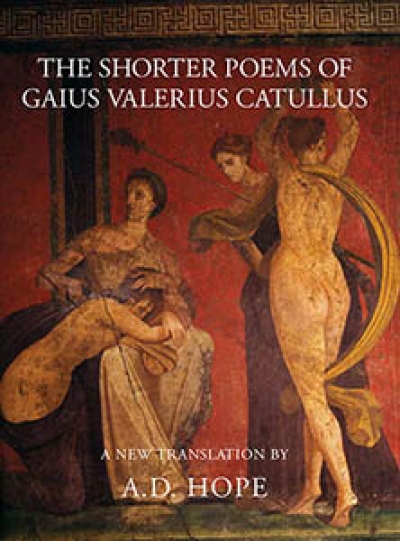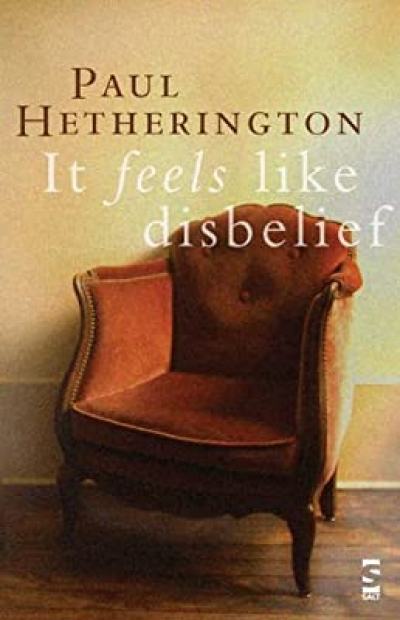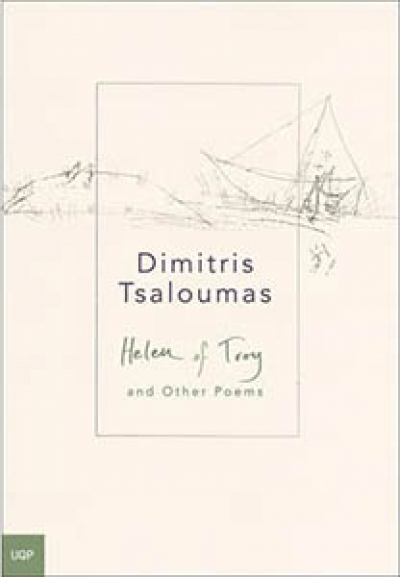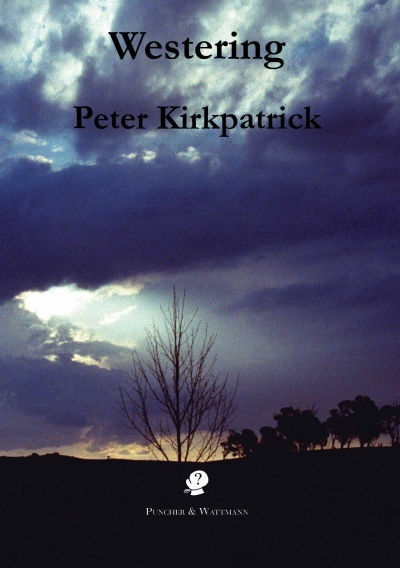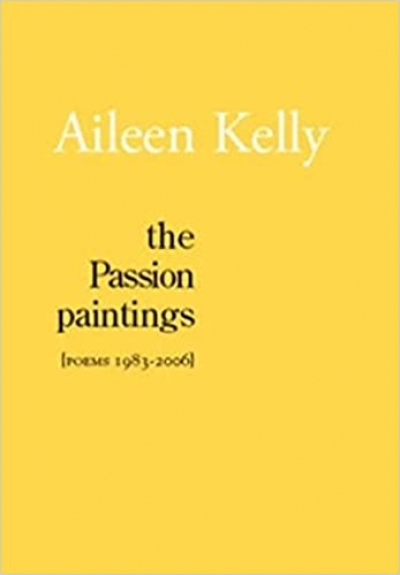Australian Poetry
Vertigo edited by Jordie Albiston & Awake Despite the Hour by Paul Mitchell
by David McCooey •
Blast: Poetry and other critical writing, issue 4 edited by Ann Nugent
by Steve Evans •
Listen, Lesbia!
Surely you can hear.
Shake off that silly hangover
while I part the curtains
just slightly.
The Shorter Poems of Gaius Valerius Catullus by Gaius Valerius Catullus, translated by A.D. Hope
by David Brooks •
To touch death in this manner: if our fingertips could pierce
that airless element, the body
breathing calm within its envelope of gas …
Morning took me to the jetty.
I saw the moon jellyfish pulse toward the air:
as their edges broke that barrier, the briefest spark appeared.



